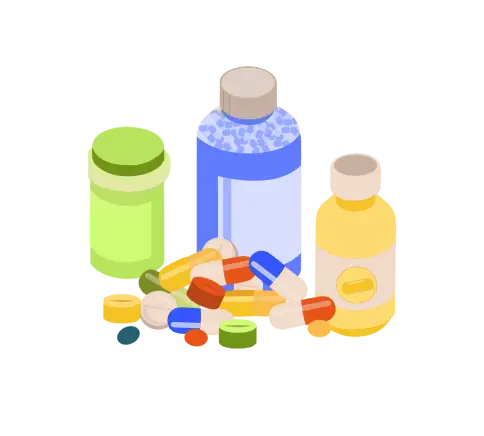
When it comes to medications, ensuring they work effectively and safely is paramount. However, interactions between drugs, foods, and even supplements can pose risks to your health. Here’s everything you need to know about drug interactions:
What Are Drug Interactions? A drug interaction occurs when a medication interacts with another substance in your body, such as another medication, food, or alcohol. This interaction can lead to various outcomes, including reduced effectiveness, increased side effects, or even adverse reactions.
Types of Drug Interactions:
Common Drug Interactions:
How to Manage Drug Interactions:
Preventing Drug Interactions:
By staying informed and proactive, you can minimize the risks associated with drug interactions and ensure your medications work safely and effectively for you.”
©2024. Health Topics. All Rights Reserved.